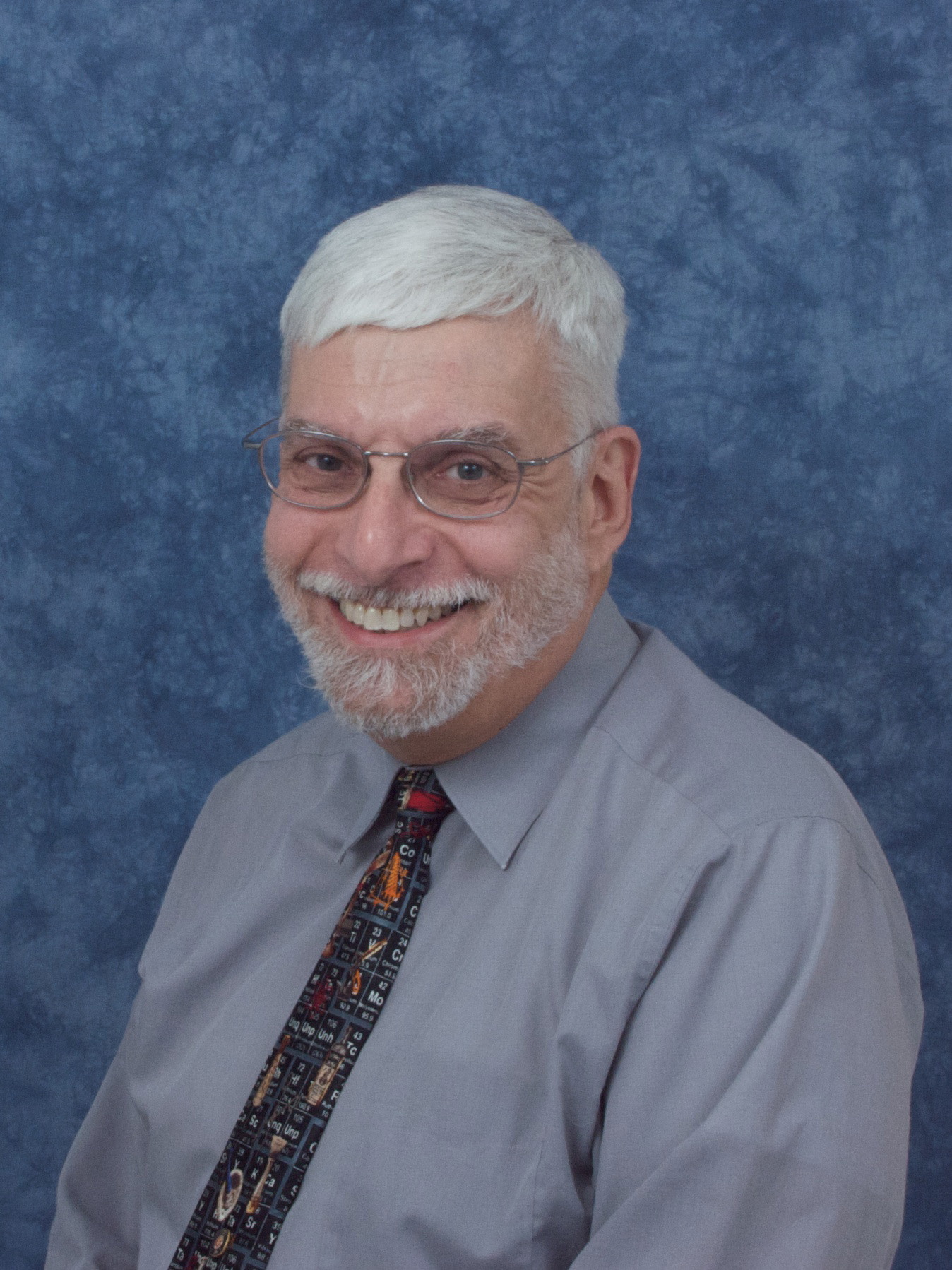Joseph Merola receives 2013 William E. Wine Award

Joseph Merola, professor of chemistry in the College of Science at Virginia Tech, has received the university's 2013 William E. Wine Award.
The William E. Wine Achievement Awards were established in 1957 by the Virginia Tech Alumni Association in memory of William E. Wine, Class of 1904, who was a former rector of the board of visitors and alumni association president. Following a college-level selection process of candidates nominated by students, faculty, and alumni, each college may put forth one nominee. Three faculty members are selected to receive this teaching award by a committee representing all eight colleges at the university. Each Wine Award winner receives $2,000 and automatic induction into the Academy of Teaching Excellence.
A member of the university community since 1987, Merola has taught more than 4,000 students, most of them freshmen. He has an overall teaching evaluation score of 3.7 out of a possible 4.0 across all courses he has taught. His teaching accolades include three college Certificates of Teaching Excellence and the Alumni Award for Teaching Excellence. He is a member of the university’s Academy of Teaching Excellence.
“Joe is known as a phenomenal teacher but has also earned a reputation for rigor,” said James Tanko, professor and chair of the Department of Chemistry.
One student wrote, “Dr. Merola tried to make the class a learning environment and not just a lecture. He had weekly review sessions that helped when I did not understand a concept.”
Throughout his career, Merola has brought innovation to the classroom. His scholarship in teaching pedagogy has ranged from a paper published by Microsoft in CD-ROM format to a number of invited presentations. He has been active in the university’s Multicultural Academic Opportunities Program, both by serving as a mentor to students from underrepresented groups and by serving on the advisory board for the Virginia-North Carolina Alliance for Minority Participation.
Merola has mentored students in undergraduate research, being known for having more interest in a student’s focus and motivation than in his or her raw intellectual talent or experience.
“By motivating students engaged with him in research, he has also helped students who were marginally successful in classwork achieve new levels of performance,” Tanko said.
Merola received a bachelor’s degree from Carnegie-Mellon University and a Ph.D. from the Massachusetts Institute of Technology.




